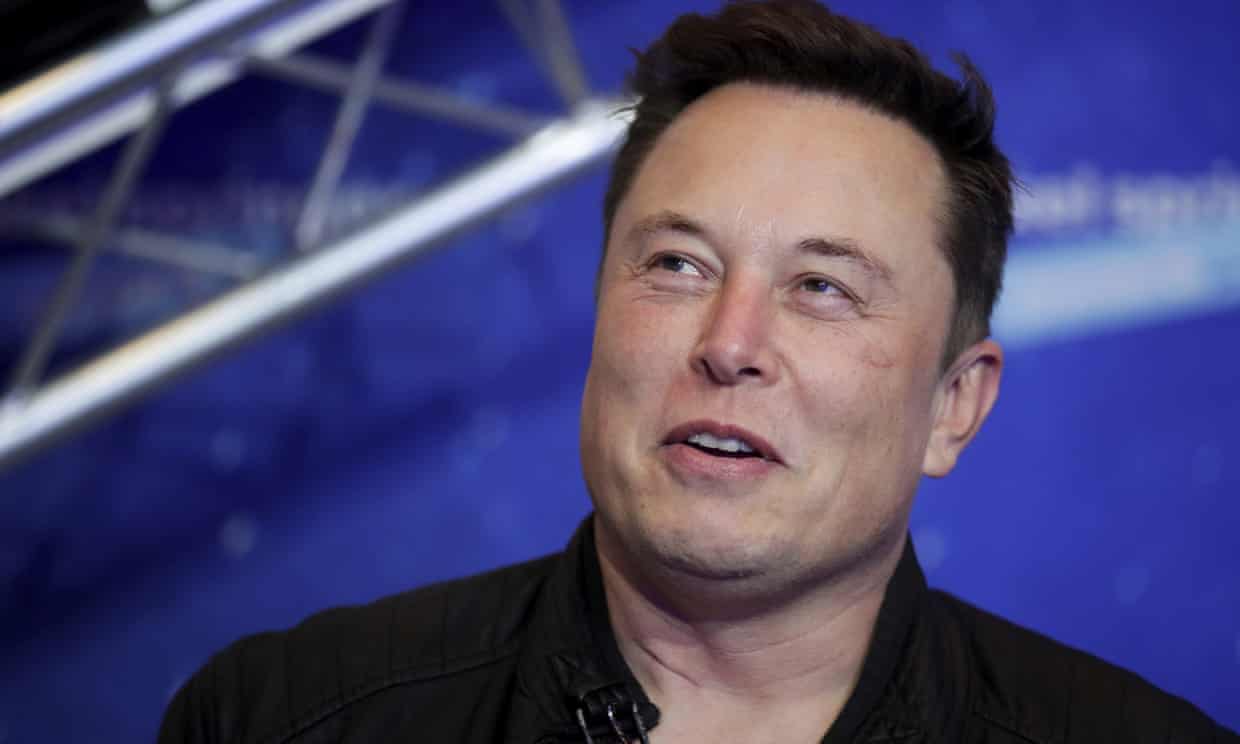NEVER SAY NEVER
Ways In Which Elon Musk’s Twitter Takeover Could Be Good

from the always-look-on-the-bright-side-of-life dept
With it looking almost certain that Elon Musk will own Twitter in the very near future, a lot of people are freaking out, and I did think it was worthwhile to explore ways in which this might actually be good. At this point, I think it’s quite clear that Elon Musk’s comments about Twitter show an incredible disconnect from how any of this works, and he’s about to discover that his ridiculously naïve ideas about how Twitter should work, will not work in practice. I stand by the idea that his beliefs for how Twitter should work are unlikely to be good in the long run, if implemented in the manner he claims to want them implemented. And, of course, Musk’s reputation for how he treats workers at his companies remains reprehensible. His views towards many marginalized groups seems equally disgraceful, and I know many people are — for good reason — fearing that they will be put at risk. Other tech companies are going to lead a feeding frenzy on Twitter’s best employees, and a ton of important and useful institutional knowledge is going to rush out the exits. And a lot of it is going to be the institutional knowledge that could help Musk realize why he’s wrong on so much of this.
That said, there are some ways in which the Musk takeover could be good for Twitter. First, simply taking Twitter private could be the best thing for the company. In the past, I’ve spoken about how Wall Street’s quarterly demands on Twitter were bad for the company and were likely going to get in the way of the more lofty vision of rethinking how Twitter should work. Short term focus on growing profits and the userbase were a real risk towards a long term focus on rethinking Twitter’s role in enabling conversation.
As a private company, Twitter will have a lot more room to maneuver without the quarterly drumbeat and threats from more short-sighted Wall St. folks who have been demanding a more short term profit focus, over long term company viability. Of course, while Musk has said he’s not interested in the economics of the deal, he has lined up a bunch of Wall St. banks to help him finance the deal, and they are still going to demand a return, meaning that this is likely only a brief reprieve from the Wall St. drumbeat, and it’s not clear that there would really be enough time for the long term focus to take hold.
Next, despite the many reasons I’ve explained why Musk’s view of Twitter remains laughably naïve, I actually think that many of the ideas he’s presented show a good initial instinct for someone who has no actual experience managing such a website. Talking about viewing the site as instrumental for free speech, about dealing with the spam and scams, and also about open sourcing the algorithm, are, in fact, good first thoughts. Indeed, they’re so good that they’re the kinds of thoughts that were around when Twitter first got started, and helped build the company into what it became today.
Of course, getting from there to where we are now happened for many good reasons (and a few bad ones). And that’s part of why I argued earlier that most of Elon’s ideas for how content moderation should work are actually taking Twitter back to square one. There are reasons why every social media company — no matter how much they insist they’re about “free speech” — end up in a similar spot with regards to content moderation. And it’s not because “woke” employees demand it. It’s because everyone learns that this is a massive, impossible challenge, and there are only so many ways to approach it. And, contrary to public perception, Twitter is at the leading edge of the learning curve on this issue. If a lot of that institutional knowledge doesn’t walk out the door and can educate Musk on why his initial views are behind the times, it could allow the company to continue to make big steps forward. Of course, that’s a really, really big “if.”
Either way, even if Twitter did make the changes Musk suggested he’d make, just like every other “free speech” website out there, he’d quickly have to realize how unworkable it is, and it’s likely that Twitter would move back to the same model every other company uses, because otherwise, they’d be hemorrhaging users very, very quickly.
However, back to his first thoughts: there are many, many people who think they know how to “fix” social media, and most of their ideas are terrible and unrealistic. Musk’s are also terrible and unrealistic, but they actually come from a similar sensibility to those who have built successful social media platforms (just woefully unrealistic). As I explained in my earlier post, “open sourcing” the algorithm is not nearly as simple as Musk seems to think it is, but if his instincts are to make the platform more open, more transparent, and even more friendly to developers, that provides some opportunities as well Jack Dorsey and Parag Agarwal have actually made a big move towards a form of open sourcing Twitter with the funding and support of the Bluesky project, and if Musk is serious about “open sourcing” aspects of Twitter, he could do even more to embrace that. Dorsey has long supported the idea of “algorithmic choice” which is not quite open sourcing the algorithm, but is a much smarter approach to all of this, and Musk could embrace that as part of his plan as well.
Of course, much of this really boils down to the fact that (perhaps contrary to public opinion), Twitter has actually done a lot of very thoughtful moves in the past few years, towards making the platform much better, and much more resilient for those purposes. In other words, contrary to Musk’s claims, I think if he really understood what Dorsey did over the past few years, and Agarwal’s initial efforts to date, I think he’d realize that it’s actually much closer to his own vision (more openness, more about serving democracy) than he thinks. So, really, if Musk can allow them to keep doing that (perhaps in an accelerated fashion) without the fear and pressure of Wall Street, it could lead to something good. Unfortunately, though, given some of his initial statements, his reputation for how he treats workers, not to mention his reputation towards marginalized groups, I fear that much of the institutional knowledge necessary to make all this work is already rapidly heading for the exits.
And that leads us to one final way in which Musk’s takeover could be good: it could accelerate the success of an alternative space that takes on the role that Twitter currently holds. Whether that’s some other company stepping up and becoming that space, whether it’s an embrace of something like ActivityPub/Mastodon, whether it’s something entirely new, certainly is impossible to predict. But, having seen massively popular and successful companies collapse in the past, the demand for such tools doesn’t magically disappear with them. Someone will step in to fill the void if Musk messes it up"
Filed Under: content moderation, elon musk, free speech, institutional knowledge, open source
Companies: twitter
======================================



No comments:
Post a Comment